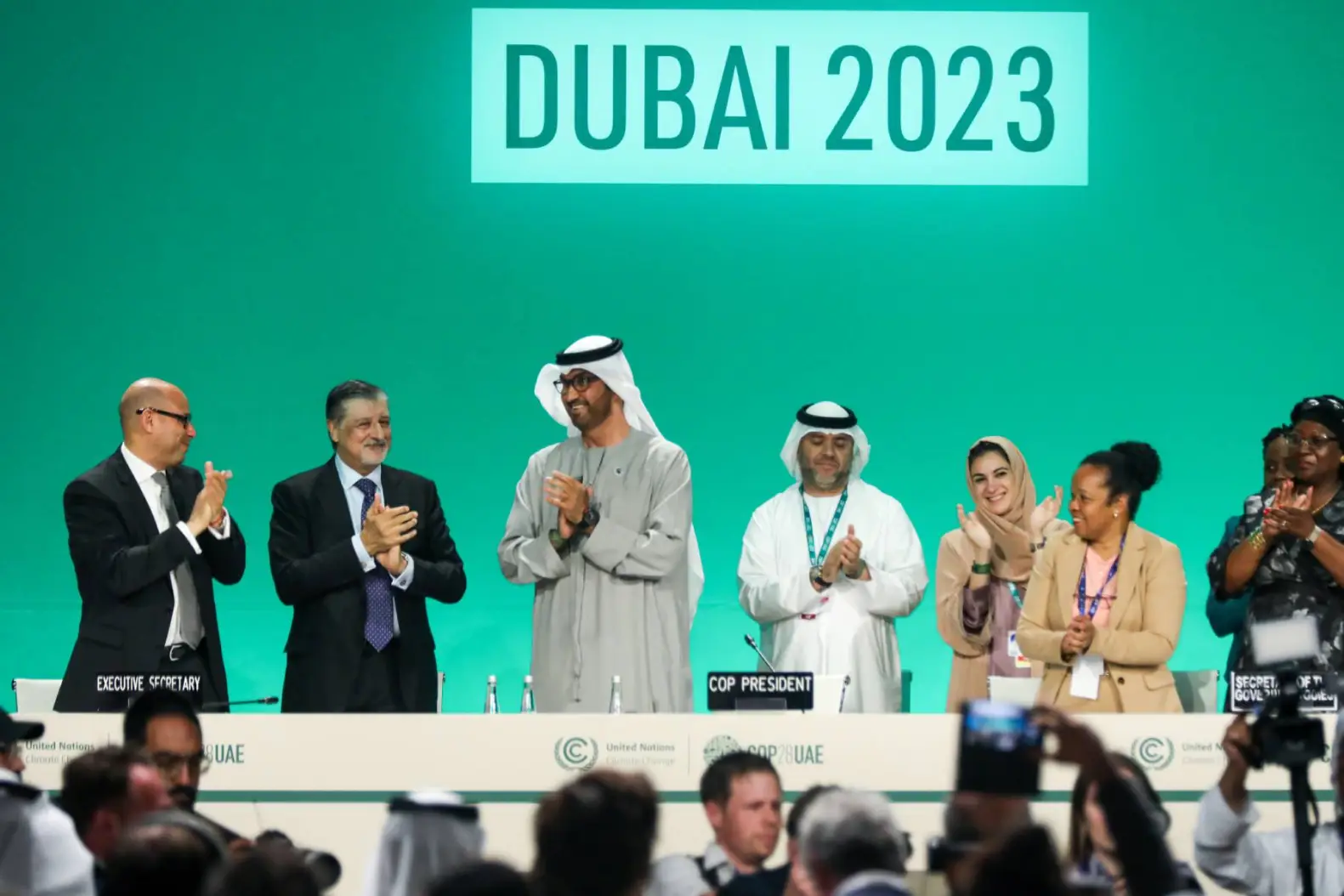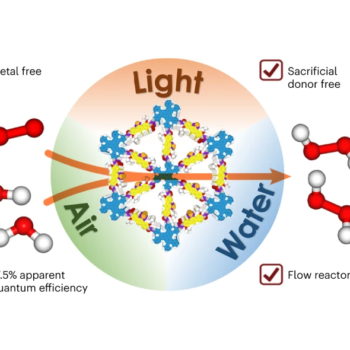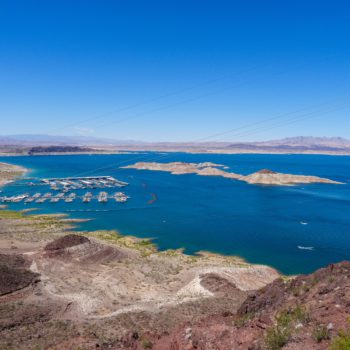|
|
Nations participating in the 28th UN Climate Change Conference of the Parties (COP28) in Dubai have approved a roadmap for transitioning away from fossil fuels. While this marks progress in the global effort to combat climate change, the deal falls short of meeting the longstanding demand for a complete phaseout of oil, coal, and gas.
UN Chief Advocates for Fossil Fuel Phaseout
António Guterres, the Secretary-General of the United Nations, underscores the critical need to end the fossil fuel era, emphasizing the principles of justice and equity. Despite opposition to an apparent reference to a phaseout, Guterres asserts the inevitability of such a transition and hopes it happens before it’s too late.
COP28 Negotiations and Outcome
The COP28 proceedings extend into overtime due to intensive negotiations regarding whether the outcome document should explicitly call for a “phase down” or “phase out” of fossil fuels. This contentious issue has been a focal point of disagreement between activists, climate-vulnerable nations, and larger countries with vested interests.
Key Achievements and Commitments
1. A commitment to tripling renewable energy capacity and doubling energy efficiency by 2030.
2. Progress in adaptation and finance, including operationalizing the Loss and Damage Fund.
3. An urgent call for increased financial support for vulnerable nations grappling with rising sea levels and debt burden.
UN Climate Chief’s Perspective
Simon Stiell, the UN climate chief, acknowledges tangible progress at COP28 but stresses that the initiatives undertaken should be viewed as a starting point, not a conclusion. He emphasizes the urgency of addressing humanity’s core climate challenge – the reliance on fossil fuels.
Highlights and Next Steps
1. Establishment of the Loss and Damage Fund to support climate-vulnerable countries.
2. Financial commitments totaling $3.5 billion to replenish the Green Climate Fund.
3. Announce additional funding for the Least Developed Countries Fund and Special Climate Change Fund.
4. The World Bank pledges an annual increase of $9 billion for climate-related projects (2024 and 2025).
5. Global Cooling Pledge endorsed by 66 countries.
Reactions and Future Plans
While some participants expressed approval of the outcomes, civil society representatives, climate activists, and small island developing countries voiced dissatisfaction. Azerbaijan is announced as the host for COP29, scheduled for November 11 to 22 next year, following the withdrawal of Armenia’s bid. Brazil offers to host COP30 in the Amazon in 2025.
Mixed Reactions and Criticisms
Despite moments of applause, not all delegations are content with the final agreement. Small island developing countries lament the perceived lack of a decisive course correction and express disappointment over what they view as incremental advancements.
Harjeet Singh, head of global political strategy at Climate Action Network International, applauds the increased focus on fossil fuels but criticizes the existence of loopholes and the perceived hypocrisy of wealthy nations expanding fossil fuel operations.
In summary, while COP28 is recognized as a positive step forward, challenges persist in achieving a rapid and equitable transition to renewable energy sources.












